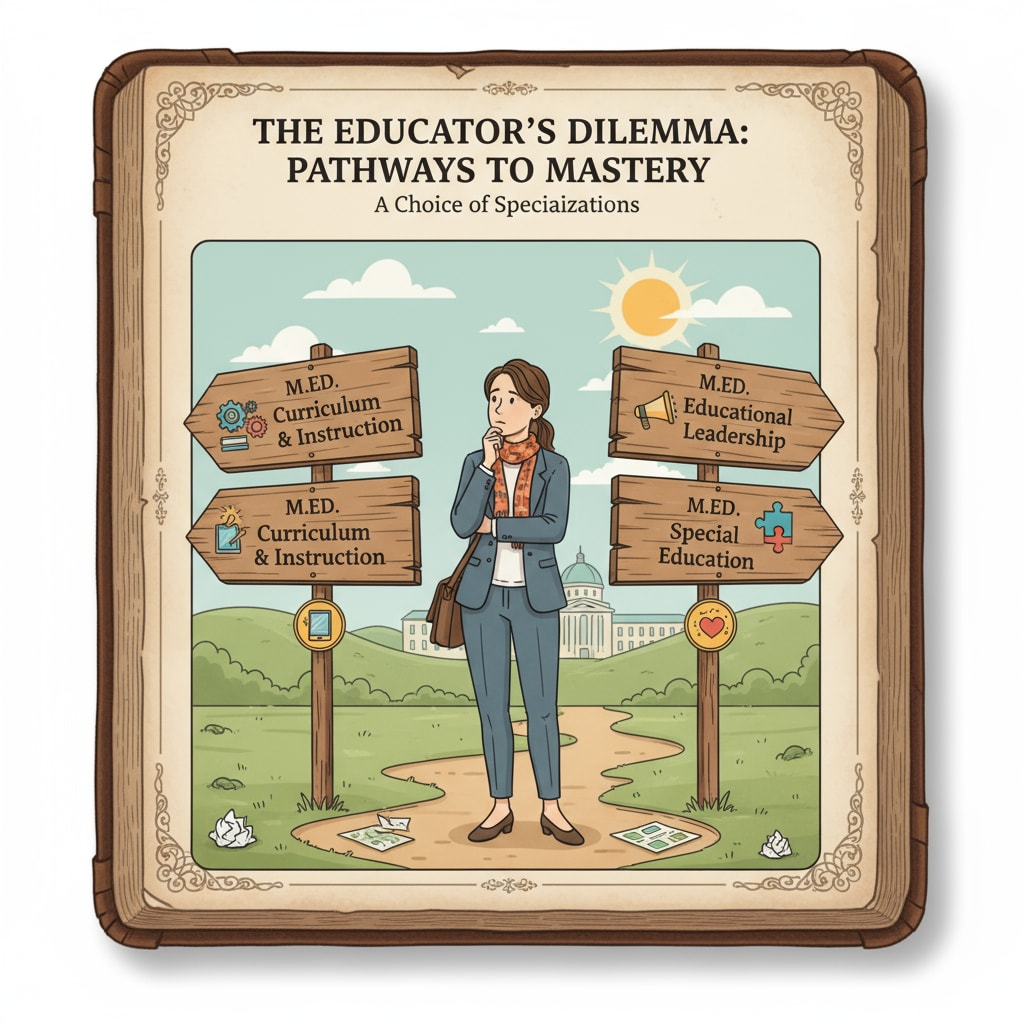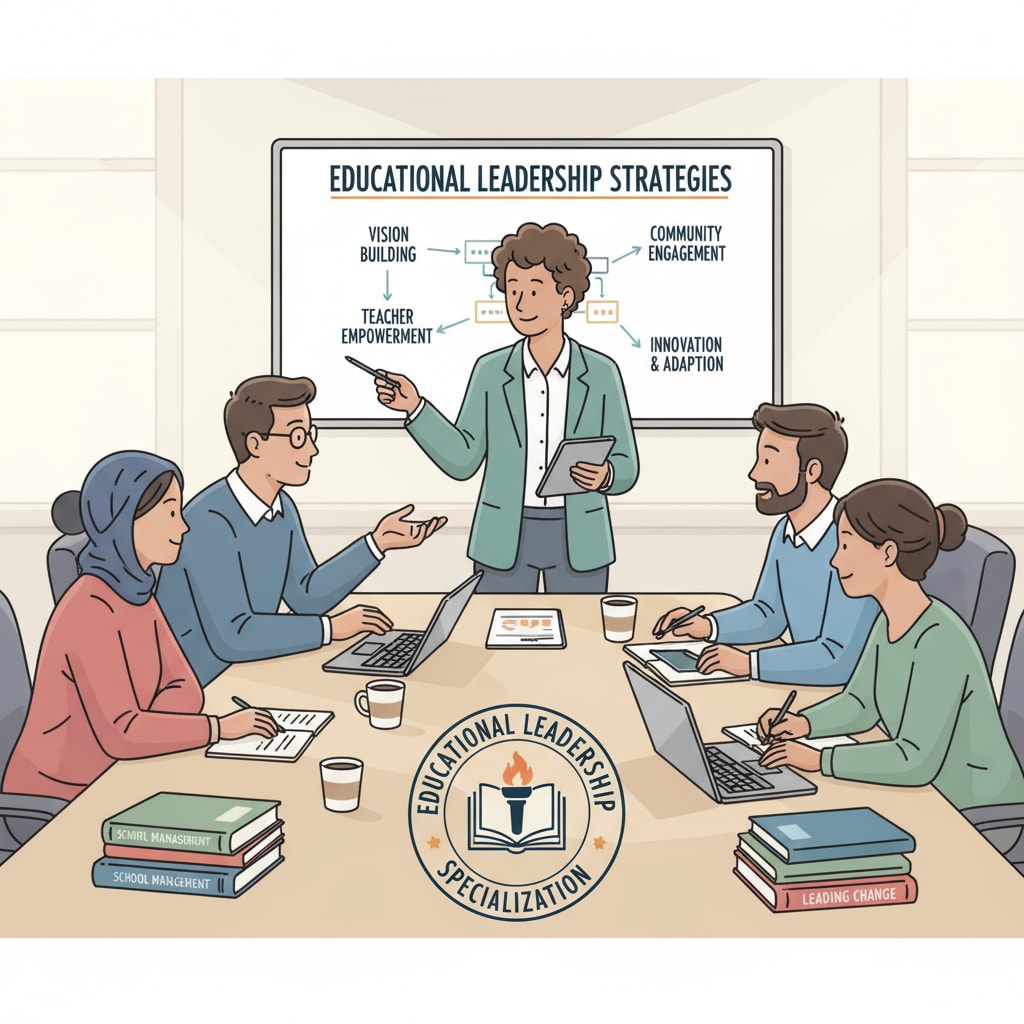Educational master, career development, and curriculum design are crucial elements for K12 teachers when considering further education. The choice of an educational master’s specialty can significantly impact a teacher’s career path. For instance, a high school math teacher may find themselves at a crossroads, trying to decide between different directions to enhance their professional skills and future prospects.

The Dilemma of High School Math Teachers
High school math teachers often have a strong foundation in mathematics, but when it comes to choosing an educational master’s program, they encounter a dilemma. On one hand, they have their personal interests, perhaps in areas like advanced mathematical teaching methods or innovative curriculum design. On the other hand, they need to consider the career development potential of different specializations. For example, some may wonder if a specialization in educational leadership management will open more doors in terms of administrative positions in schools, while others are more drawn to the in – depth study of curriculum and instruction to improve their classroom teaching skills.
Educational Leadership Management: Pros and Cons
The educational leadership management specialization offers several advantages. It equips teachers with skills in school administration, strategic planning, and team management. As a result, graduates of this program may have better opportunities to move into leadership positions within schools, such as becoming a department head or a vice principal. This can lead to a broader influence on educational policies and school development. However, this path may require less focus on the actual teaching and curriculum design aspects. Teachers who choose this direction may find themselves spending more time on administrative tasks rather than directly interacting with students. Educational leadership on Wikipedia

Curriculum and Instruction: Advantages and Drawbacks
The curriculum and instruction specialization is centered around improving teaching quality and curriculum design. Teachers who pursue this path can gain in – depth knowledge of educational theories, innovative teaching methods, and how to develop engaging curricula. This directly benefits their classroom teaching, allowing them to better meet the learning needs of students. For example, they can design more interactive math lessons that make the subject more accessible and interesting. Nevertheless, the career progression in this area may be more focused on the teaching role. It may be more challenging to transition into high – level administrative positions compared to those with an educational leadership background. Educational psychology on Britannica
In conclusion, when choosing an educational master’s specialty, K12 teachers must carefully weigh the career development potential against their personal interests. By understanding the pros and cons of different specializations like educational leadership management and curriculum and instruction, they can make a more informed decision that aligns with their long – term career goals. This balance between career and passion is the key to a successful and fulfilling professional journey in the field of education.
Readability guidance: The article uses short paragraphs to clearly present ideas. Each H2 section provides a summary of key points. The proportion of passive语态 is kept low, and long sentences are limited. Transition words such as “however”, “therefore”, “for example” are used throughout to enhance the flow of the text.


